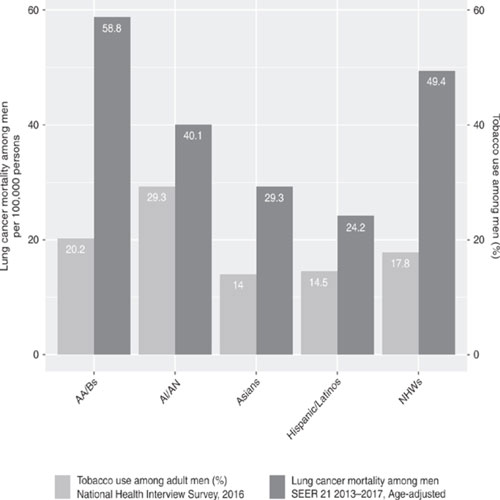A new study reports that the incidence rates of most cancer types were lower in Black, Asian, and other minoritizedTrusted Source groups than their white counterparts in England.
The incidence rates of certain cancer types, such as Hodgkin’s lymphoma, thyroid, and several gastrointestinal cancers, were higher in Asian and Black people.
Lifestyle and other external risk factors likely drive the differences in cancer incidence rates among racial and ethnic groups.
Understanding these underlying risk factors is necessary to inform public health measures and mitigate the differences in cancer incidence rates among racial groups.
A recent study published in the British Journal of CancerTrusted Source shows a considerable variation in the prevalence of various cancer types among different racial and ethnic groups in England.
The study found that the incidence rates of most cancer types, including skin melanoma and smoking-related cancers, were lower in Black, Asian, and other non-white people than in the white population. However, the incidence rates of certain cancer types, such as gastrointestinal cancers, thyroid cancer, and Hodgkin’s lymphoma, were higher in non-white racial groups.
The researchers noted that differences in exposure to risk factors, such as smoking and obesity, and access to or use of healthcare services, rather than genetic factors, were likely to account for most of the differences in cancer incidence rates among racial groups.
Health inequities affect all of us differently. Visit our dedicated hub for an in-depth look at social disparities in health and what we can do to correct them.
The results of this study highlight the importance of future studies to understand the factors underlying these differences.
These studies could inform interventions to mitigate these risk factors, enhance access to healthcare services, and improve patient outcomes.
The study’s lead author Dr. Christine Delon, a research analyst at Cancer Research UK, says: “It’s really important to understand what the evidence is and where there are inequalities in cancer incidence to inform efforts in risk factor prevention and cancer service planning and delivery.”










